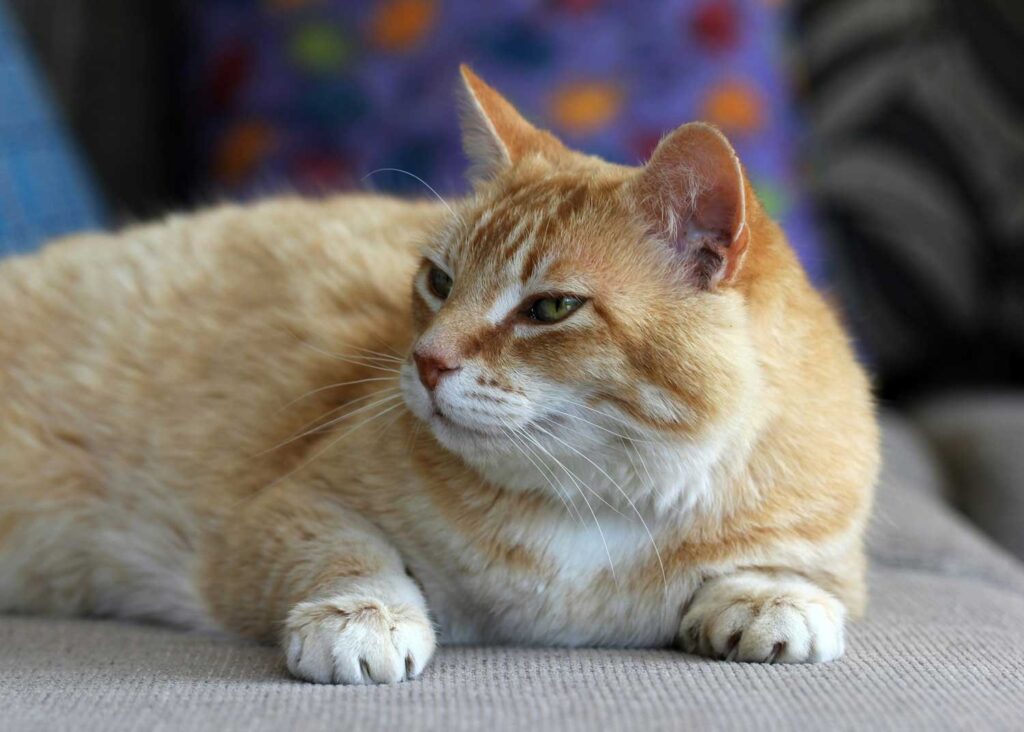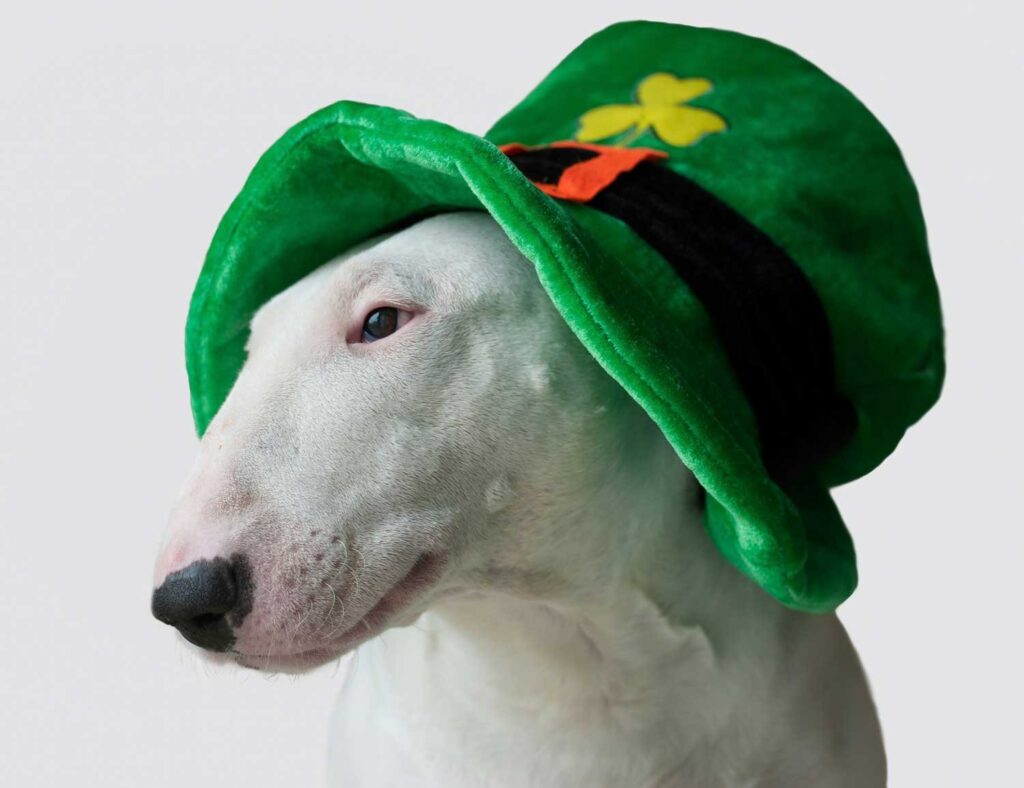Euthanasia/Saying Goodbye
May 4, 2017
Perhaps not the Healthiest of Paws this week – but the topic of Euthanasia and Saying Goodbye is not one to take lightly. Often letting a pet go is akin to having a family member die(goes to new website), which can affect everyone (other pets included) differently, and sometimes profoundly.
Making the Decision
This decision is never easy, and nor should it be. Our general thought is that if we wait until the decision to let our pet go becomes very easy we have likely waited too long and for the wrong reasons. When working through this decision, especially with chronic illnesses and geriatric patients, we do like to use a Quality of Life scoring sheet(goes to new website), and recommend multiple people close to the pet fill it out independently and see where everyone is on the same page and where they’re not.
This looks at hurt, hunger, hydration, hydration, hygiene, happiness, mobility and more good days than bad and is sometimes called the hhhhhhmm scale. These qualities of life are all scored 0-10 and added up. A score of greater than 35 indicates the pet has an acceptable quality of life to continue with pet hospice.
We always need to keep in mind that when addressing quality of life the most important factor is our pet’s quality of life, and that trumps how much we may miss them.
What is Euthanasia?
The word euthanasia itself is derived from Greek roots: eu ‘well’ or ‘good’ + thanatos ‘death’. And in veterinary medicine we tend to look at it as the intentional ending of a pet’s life to relieve pain and suffering.
The process of the euthanasia is going to be a little different between individual veterinarians and veterinary clinics. It may involve sedation, and/or placement of an intravenous catheter and by far most common method is with the overdose of a euthanasia solution that slows and then stops the heart. Depending on the circumstances around the euthanasia – it may be performed at the veterinary clinic or in your home.
Coping with the Loss
Below are some excellent resources/hotlines/groups for coping with the loss of a beloved pet:
The American Veterinary Medical Association(goes to new website)
The Association for Pet Loss & Bereavement(goes to new website)
ASPCA Pet loss support(goes to new website): (877) GRIEF-10
People Animals Love(goes to new website)(opens in a new tab): To get in touch, please call the PAL office at (202) 966-2171. You will receive a return call from a grief counselor within 24 hours. If calling after business hours, please leave a message and PAL staff will return your call promptly on the next business day.
Bereavement Groups:
-
Arlington Animal Welfare League(goes to new website): The support group will meet quarterly at 7:00 pm on the second Wednesday of the month at the shelter. There is no charge to attend these meetings, and all are welcome. No reservations are required.
-
Alexandria Animal Welfare League(goes to new website): Meets The First Wednesday of Each Month at 7:00pm at the shelter at 4101 Eisenhower Ave. No fee and everyone welcome.
Related Posts

DVM Blog Post - Feline Diabetes Management
CAC Staff | March 21, 2024
Diabetes mellitus is a familiar term to most people as it afflicts many humans. It can also be an endocrine disorder that affects dogs and cats. It is caused by a deficiency of insulin, which interrupts the normal metabolism of blood glucose (aka sugar).


